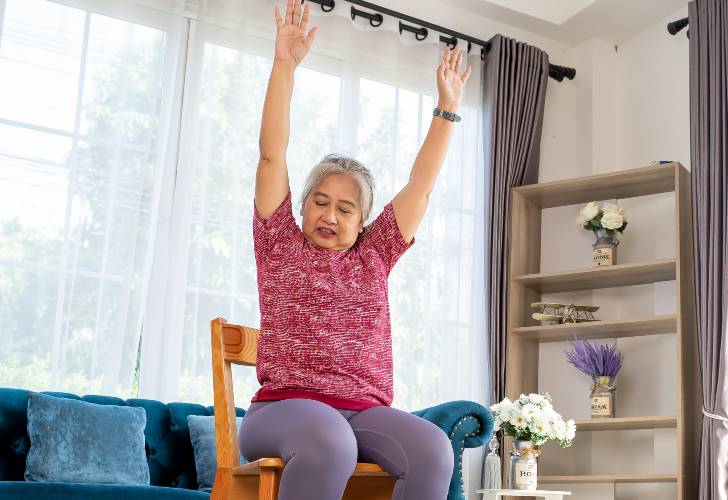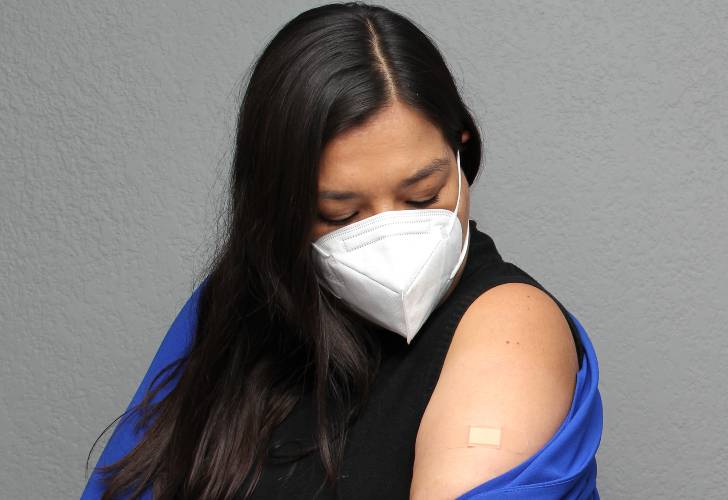
Do your muscles need more flexibility? Stretching is the answer
Stretching was always seen as necessary to warm up the muscles and prepare them for activity, but it is a discipline that can bring many benefits.
You can reduce symptoms by taking small actions:

A good anti-inflammatory diet, plant-based can help. Foods such as nuts, Fruits, Leafy greens, Tofu, Whole grains, and Green tea are rich in antioxidants and prevent certain chemical reactions in the body that can lead to cell and tissue damage. This leads to weight control and reduces stress on the knees and ankles. Taking a dietary supplement can also help reduce arthritis pain such as Curcumin, Omega 3 fats, or Vitamin D.
Exercise is also a good way of reducing pain. Leg flutter kicks, arm/leg raises, and/or shoulder stretches are easy and can be performed at home. If you feel that you can´t exercise, itis good to take the stairs, take care of your garden, ride a bike, use a basket for light grocery shopping, parking in a distant spot to walk a little bit.
Try heat and/or ice therapy. This is an easy and inexpensive way to relieve joint pain. Use them alternately. While this treatment may not improve the joint condition, it may ease the pain and make you feel more comfortable. It must be limited to 15 or 20 minutes at a time with at least two hours in between.
Assistive devices. Using canes, shoe inserts, walkers, raised toilet seats, and other assistive devices can help protect joints and improve your ability to perform daily tasks.
Good dental care. If you have rheumatoid arthritis you are at high risk for gum inflammation (gingivitis) and gum disease (periodontitis). Try to have good dental hygiene.
Sources: https://www.arthritis-health.com/ and Mayo Clinic

Stretching was always seen as necessary to warm up the muscles and prepare them for activity, but it is a discipline that can bring many benefits.

It is a difficult task for us to face, but once we do it, it translates into many benefits

Monkeypox usually affects people who are in contact with skin lesions or fluids from other people or derived fromanimals.

August is National Immunization Awareness Month, an opportunity to recognize the importance of vaccination and to check if everyone in your family is updated with the immunization schedule.